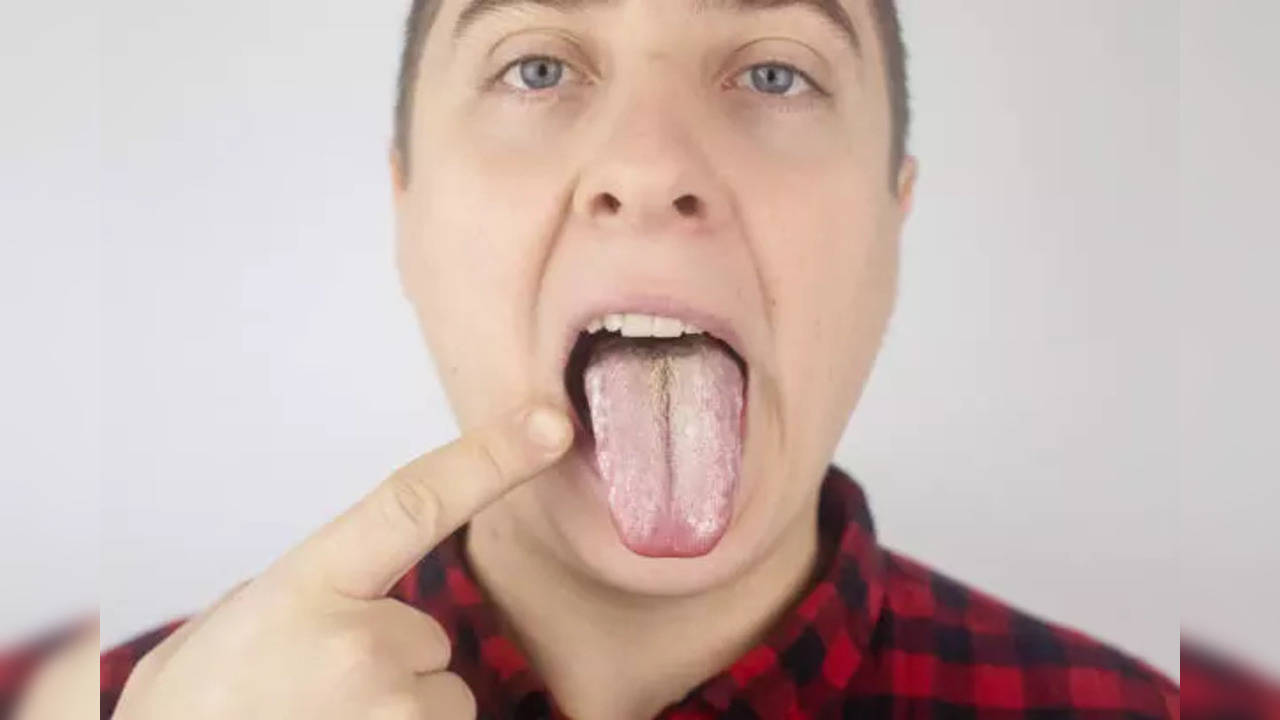Ever noticed a peculiar white rash on your tongue? Know all about oral thrush, a yeast-based candida fungus
If you see a strange, white rash inside your mouth, be alerted as it may be an oral condition known as thrush, also known as oral candidiasis. Caused by the fungus candida, thrush is common in babies and people with low immunity, however, it is highly contagious. Read on to know all about this oral ailment, which if not treated well in time can swiftly spread to other areas of the body, increasing the infection.

Thrush, also known as oral candidiasis, is an ailment that causes Candida albicans to accumulate on the lining of your mouth areas
New Delhi: While brushing, do you ever notice small, creamy-white bumps in your mouth? Well, these are not life-threatening situations but nothing less than that when it comes to your oral health.
Oral thrush is a fungal infection you can spot in your mouth, which happens mostly in children, but can happen to anyone with low immunity levels. Thrush can quickly become irritated and cause mouth pain and redness.
Thrush, also known as oral candidiasis, is an ailment that causes Candida albicans to accumulate on the lining of your mouth areas, including the tongue and cheeks. It causes white lesions and spreads fast to the gums, mouth roof, and even to the back of your throat.
Despite being a minor problem, oral thrust can become severe and uncontrollable if not checked and treated well in time.
What causes oral thrush?
For many people, Candida fungus in the mouth, digestive tract, and skin is normal, and since it grows very fast you may not come to know when it becomes difficult to control.
According to health experts, it is normal for a small amount of fungus to live in your mouth, without causing any major harm. But when your immunity is down and compromised, the fungus can grow out of control.
It causes various illnesses and disturbs body balance leading to thrush. The fast-growing infection is more likely to develop in people who suffer from:
Diabetes - Anemia and low iron in the blood
- HIV/AIDS
- Cancers of different kinds
- Later stages of
pregnancy due to hormonal changes - Smoking
- Poor
oral hygiene
Also, according to oral health experts, thrush can be contagious and can pass on through kissing, close contact, or even sharing personal items like a toothbrush.
Signs and symptoms
A few signs and symptoms of thrush that you may notice are:
- Redness and soreness inside your mouth
- Loss of taste
- A bad feeling in the mouth
- Bleeding from the lesions
- Burning in the mouth
- While yellow spots
- Pain and difficulty in swallowing
- Fever due to infection
- A feeling of heaviness in the chest
- A feeling that food gets stuck in your throat
Home remedies for oral thrush
Apart from the medicines that your doctor may have prescribed to treat oral thrush, a few remedies and lifestyle changes can be applied to help stop it from increasing or coming back:
- Brush your teeth with a soft toothbrush twice daily
- Replace your toothbrush after you finish your treatment for oral thrush
- Properly clean your dentures to lower the risk of a spreading infection
- Avoid mouthwashes or mouth sprays
- Do not share oral instruments
- Rinse your mouth with salt water and baking soda daily
Eat probiotic-rich foods like yogurt
Trending:
End of Article
Subscribe to our daily Lifestyle Newsletter!
Related News





Optical Illusion Personality Test: What You See First Can Reveal Your Greatest Strength In Love

Court Allows Girl To Wear Diaper During NEET Exam; Know What Is Neurogenic Bladder She Suffers From

Urine Infection: 8 Home Remedies That Help To Cure Urinary Tract Infection

Excessive Screen Time In Kids May Lead To Myopia: Causes, Symptoms, And Preventive Measures

Can Vitamin D Make Cancer Treatment More Effective? Know What The Experts Say









